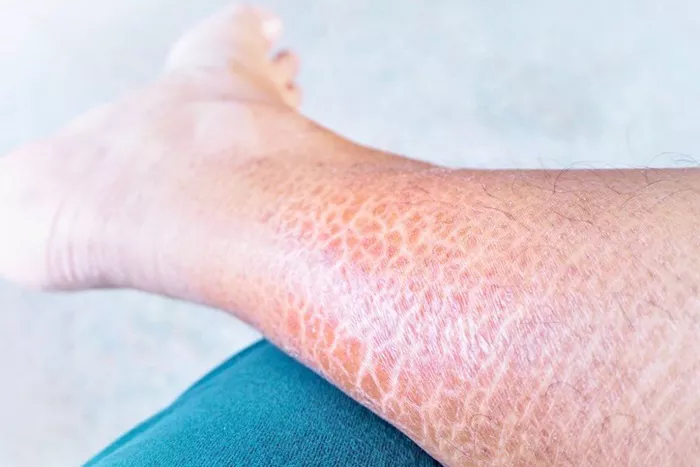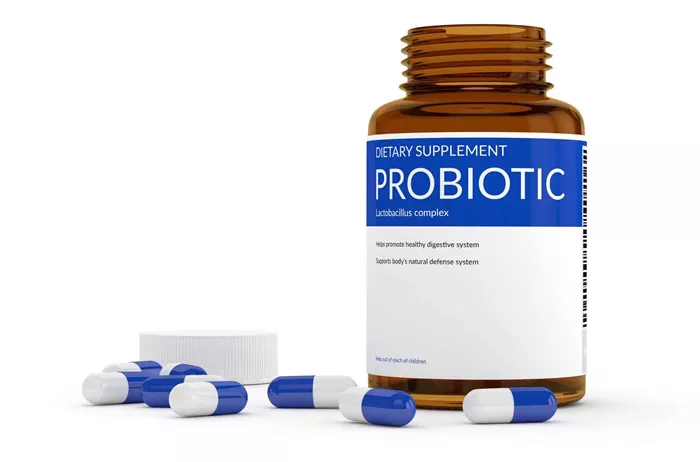Skin conditions that result in dry, scaly, thick, and rough textures, often referred to as “alligator-like skin,” can be both uncomfortable and cosmetically unsettling. This type of skin texture mimics the rugged, bumpy hide of an alligator and can be a sign of underlying health issues or poor skincare routines. In this article, we explore the various causes of alligator-like skin, including genetic conditions, environmental factors, and lifestyle choices, along with effective treatment and prevention strategies.
Understanding Alligator-Like Skin
Alligator skin, medically termed as ichthyosis or hyperkeratosis, involves excessive buildup of keratin in the skin’s outer layers. While often genetic, it can also develop due to environmental factors or other skin conditions.
Anatomy of the Skin
To understand why alligator-like skin develops, it’s crucial to comprehend the structure of human skin. The skin is composed of three primary layers:
Epidermis: The outermost layer, which includes the protective barrier of dead skin cells that sheds regularly.
Dermis: Beneath the epidermis, containing tough connective tissue, hair follicles, and sweat glands.
Subcutaneous layer: Consists of fat and connective tissue.
In cases of alligator-like skin, the process of skin cell turnover and shedding is disrupted, often leading to an accumulation of scales.
Common Symptoms and Characteristics
Symptoms associated with alligator-like skin include:
Dryness: The skin lacks adequate moisture.
Scaling: Visible peeling or flaking of the skin.
Thickening: Increased skin density.
Itching: Frequent or severe irritation.
Cracking: Deep fissures that may bleed.
Primary Causes of Alligator-Like Skin
Several factors contribute to the development of this condition, ranging from genetic disorders to daily habits.
Genetic Factors
Ichthyosis Vulgaris: The most common form of inherited ichthyosis, characterized by dry, scaly skin.
X-linked Ichthyosis: A condition caused by a deficiency of the enzyme steroid sulfatase.
Lamellar Ichthyosis: A rare genetic condition that results in a collodion membrane at birth, which then develops into large, dark scales.
Environmental Factors
Climate: Dry, cold weather can strip the skin of natural oils, leading to dryness and flaking.
Exposure to Chemicals: Harsh chemicals in soaps, detergents, and cleaning products can exacerbate skin dryness.
Health Conditions
Hypothyroidism: Low thyroid function can reduce sweat and oil gland secretion, leading to dry skin.
Diabetes: Fluctuations in glucose levels can affect the skin’s ability to retain moisture.
Nutritional Deficiencies: Lack of essential vitamins and minerals can impair skin health.
Lifestyle Influences
Bathing Habits: Frequent hot showers or baths can remove the skin’s natural oils.
Dehydration: Inadequate water intake can lead to dry skin.
Smoking: Tobacco smoke can decrease blood flow to the skin, affecting its ability to regenerate.
Effective Treatment Options
Treating alligator-like skin involves both addressing the root cause and managing symptoms through topical treatments and lifestyle adjustments.
Medical Treatments
Topical Moisturizers: Products containing urea, lactic acid, or glycerin can help moisturize and exfoliate the skin.
Prescription Creams: Retinoids or corticosteroids may be prescribed for severe cases.
Antibiotics: For infections resulting from cracked or bleeding skin.
Therapies
Light Therapy: UV light can be effective for some types of ichthyosis.
Microdermabrasion: Removes the outermost layer of dead skin cells, improving the skin’s appearance.
Lifestyle Modifications
Hydration: Drinking plenty of water is essential for maintaining skin hydration.
Nutrition: Eating a balanced diet rich in vitamins A, C, E, and Omega-3 fatty acids can improve skin health.
Humidifiers: Using a humidifier in dry climates can help maintain skin moisture.
Preventive Measures
Prevention of alligator-like skin is often possible with proper skincare routines and lifestyle choices.
Skincare Routines
Gentle Cleansing: Use mild, fragrance-free cleansers and avoid scrubbing your skin harshly.
Regular Moisturizing: Apply moisturizer immediately after bathing to lock in moisture.
Protection from the Elements: Wear protective clothing and use sunscreen to shield skin from harsh weather and UV rays.
Regular Medical Check-Ups
For individuals with chronic conditions or inherited forms of ichthyosis, regular consultations with a dermatologist are crucial to manage their skin effectively.
Conclusion: Managing Alligator-Like Skin
Alligator-like skin can be a challenging condition, but with the right understanding and approach, it can be effectively managed and even prevented. It’s important for individuals suffering from this condition to follow a comprehensive treatment plan that includes both medical interventions and lifestyle adjustments. With diligent care, the symptoms of alligator-like skin can be minimized, leading to improved comfort and self-confidence.
[inline_related_posts title=”You Might Be Interested In” title_align=”left” style=”list” number=”6″ align=”none” ids=”8468,8464,8461″ by=”categories” orderby=”rand” order=”DESC” hide_thumb=”no” thumb_right=”no” views=”no” date=”yes” grid_columns=”2″ post_type=”” tax=””]
































